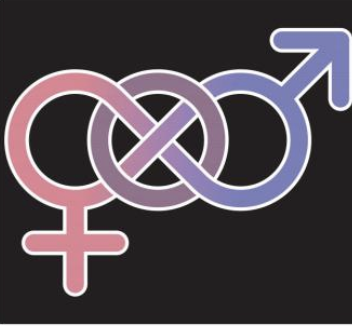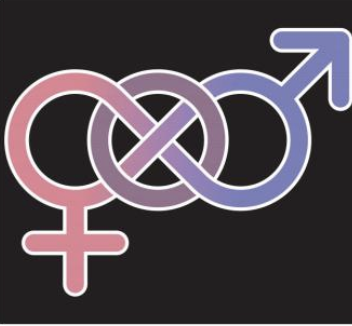Tuesday night’s Passion Party was the only Associated Student Productions event for Women’s Empowerment Week not canceled due to COVID-19 concerns. Influential Women of Sonoma and the craft making event will not be rescheduled now that classes are all online for the duration of the semester, as all on-campus activities have been suspended until further notice.
Patty Young, a consultant for Pure Romance, is a sex educator with bachelor degrees in both Sociology and Women and Gender Studies, with a minor in Queer Studies–all earned at Sonoma State University. Her research in school focused on sexual health education, particularly for those ages 18 and under.
She began the Passion Party with a not-so-basic anatomy lesson that included graphics of the external and internal sexual organs, complete with scientific names, and explained how similar they are in form despite the external differences.
“Unfortunately, many of us don’t actually know what our body parts are until we’re around college age and past our twenties,” said Young.
The technical term for Young’s night job is “intimacy products consultant,” but she has several slang monikers.
“I’m the sex toy lady or I’m a dildo slinger, and I’m okay with all of those. I’m the kind of person who’s always been very open to talking about sex, talking about sexual health, and just being real with it,” said Young. “We accessorize our wardrobe, we dye our hair, you know what I mean? Why would we not accessorize our sex lives?”
Young said talking about sex and toys is more informative and much more comfortable in a home setting as opposed to walking into an adult store or ordering online. Explanations of the toys themselves and how to clean them, store them and use them properly also teaches people how to keep their bodies healthy for sex. She said that sexual health is an often overlooked form of self care.
“Health is health is health,” said Young. “If we don’t get enough sleep, we’re going to have a hard time emotionally reacting to things. We’re also going to have a hard time engaging sexually. If we’re stressed out or if we’re not eating healthy, guess what? You’re probably not going to be having a lot of great sex if you’re not eating healthy or exercising or taking care of yourself.”
Young talked about massage being part of sexual pleasure, be it incorporating massage into sex with your partner or getting a massage before or after sex. She also redefined sex as stimulation for pleasure, not just intercourse. “Sex isn’t a linear process. We don’t start at one point and end in another. It looks different for each and every one of us,” said Young.
Young explained that consensual pain play is fun for some people, but sex, as a general rule, should not be painful. “Sex shouldn’t hurt, even the first time, right? And communication is super sexy, right? If you’re telling your partner and your partner’s telling you what they like, then guess what’s going to be a far more pleasurable experience for everybody?” said Young.
During the anonymous Q&A session at the end of the presentation, Young addressed sensitive issues that can be a part of sex and what can improve some of those things. For example, ben wa balls are not just for vaginal stimulation, they actually are a form of vaginal weightlifting and strengthen the pelvic floor muscles. By holding the balls inside using the pelvic muscles associated with Kegel exercises, it improves bladder control as well as vaginal elasticity.
She also addressed healing from past sexual trauma. “Very often when it comes to sexual trauma, individuals feel they are no longer allowed to receive pleasure because that’s been taken from them in one way or another, right?” said Young.
She went on to say that research indicates masturbation can help with sexual trauma. ”Being able to provide yourself with that type of pleasure can really change some of the wiring, or some of the PTSD things that go through someone’s head after they go through sexual trauma, right, because you’re kind of taking it back and that’s a huge piece of being able to heal and feel better.”
She stressed defining for yourself what healing means to you, and that no one else can determine if or how you heal. “Don’t let the pressures of getting better or healing push you into doing something that doesn’t feel comfortable.”
Young recommends a podcast for those looking for help in healing from sexual trauma. “Her podcast name is Trauma Queen, and she is phenomenal,” she said. The therapist’s name is Jimanekia Eborn and has worked in mental health for 12 years and specializes in sex education and sexual trauma support. Eborn’s homepage is traumaqueen.love.
Young’s biggest piece of advice to all people centers around removing the silence, stigmas, and shame from sex in our culture.
“Remember: don’t hate. Masturbate. Do all the different things that make you feel good. Don’t have shame around masturbation. Don’t have shame around sex. Find people that you can talk to about it and have open conversations, because very often shame lives in those darkest places where we don’t talk about those things.”





































